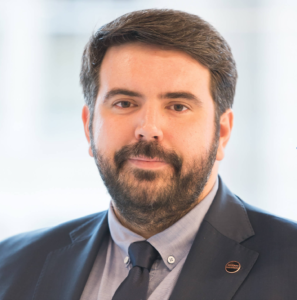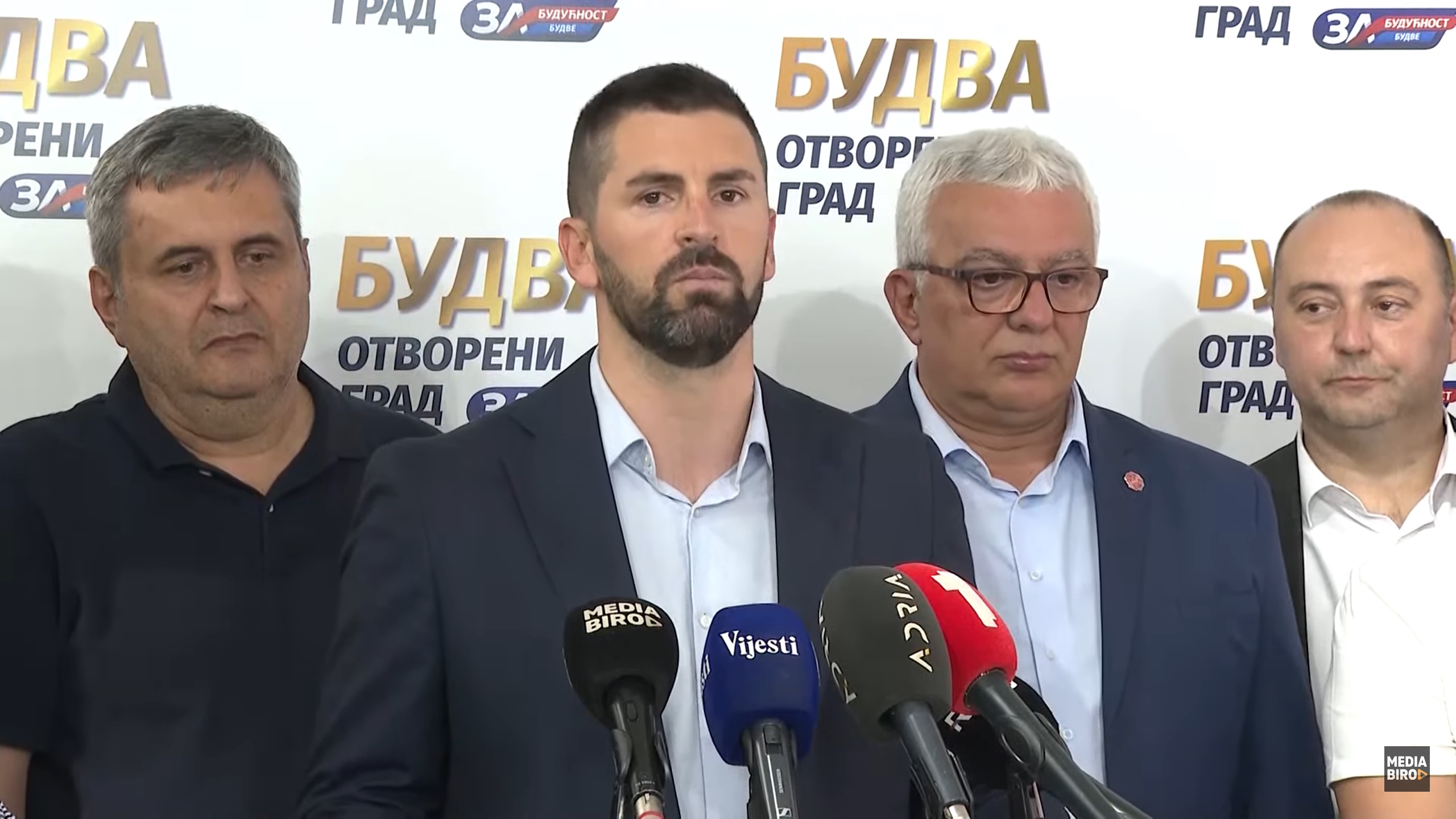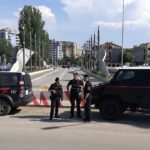Budva is a small town that occupies a central part of the Montenegrin coast. With a population of just 25,000, it is one of the fastest-growing towns not only in Montenegro but also in the Balkans. The history of this town stretches deep into the past, mentioned in Sophocles’ tragedies as a mythical place founded by the King of Thebes, Cadmus, and his wife, Harmonia.
If you look at a map of the Roman Empire in the 5th century AD, you can see that the border between the Roman provinces of Dalmatia and Prevalitana runs through the present territory of the Municipality of Budva. For centuries, the territory of Budva was the last and southernmost continental border of Western Europe, first of the Venetian Republic and then of the Austro-Hungarian Empire. The neighboring town of Bar, today in Montenegro, was already part of the Ottoman Empire. The differences between influences are still visible in the architecture of the two old towns.
During the Yugoslav era, Budva experienced an economic boom. It became a top-tier tourist destination, and along with Dubrovnik, it became a favorite summer spot for visitors from Western Europe. The town-hotel Sveti Stefan became one of the landmarks featured on postcards of the former Yugoslavia.
During the filming of Western-Yugoslav movie co-productions, many film stars visited Budva during the golden era of the 1960s and 1970s. Sophia Loren, Richard Burton, Richard Widmark, Sidney Poitier, and later Sylvester Stallone, and during the war, Claudia Schiffer, graced the postcards of this place.
Due to its small population and high GDP, Budva was considered one of the wealthiest, if not the richest municipality in former Yugoslavia.
Given that a quarter of Montenegro’s GDP is still generated from tourism, and Budva contributes to half of the tourist traffic in Montenegro, it becomes clearer why this town is so important to Montenegro’s economy and politics.
After the restoration of independence, this town became a favorite destination for Russian oligarchs, as well as wealthy individuals and tycoons from other parts of the world. Hotel Splendid opened in 2005, and its owner and founder was General Viktor Ivanenko, the last director of the KGB RSFSR and the first director of the FSB in history. It was also said that Viktor Kholomoisky owned the second-largest hotel, the Avala Hotel. The town became known for corruption and the presence of organized crime, casinos, and nightlife. Even the James Bond film “Casino Royale”, served as an ad for hotel Splendid.
During those years, the Rolling Stones and Madonna held concerts in Budva.
After the global economic crisis of 2008, the real estate market in Montenegro imploded, and Budva’s administration fell into trouble. Investigations into corrupt dealings began, and two mayors ended up in prison. The investigations mentioned various controversial global players, from associates of Palestinian President Yasser Arafat to Russian organized crime groups and Middle Eastern and Far Eastern persons of interest. Even the former Thai Prime Minister Thaksin Shinawatra became a Budva resident and Montenegrin citizen.
After numerous scandals, the ruling DPS of Milo Đukanović lost power in Budva in 2016, on the eve of major changes at the state level that would occur in 2020. The rule of pro-Russian and pro-Serbian nationalists consolidated, and the Democratic Front took absolute power in the 2020 and 2022 elections.
After the start of the war in Ukraine, this town received the most Ukrainian refugees and Russian immigrants, and some studies suggest that there was one immigrant for every citizen of Budva.
People fleeing the war and Putin’s regime encountered the paradox that the local authorities supported the regime from which they fled. Local Serbian nationalists, under the threat of violence in 2022, banned a concert by the Belarusian-Ukrainian band Lyapis Trubetskoy.
According to reports and investigations, although they promised changes, the new authorities continue the same corrupt practices. They are only changing the city’s identity by making it a ground for promoting Serbian nationalism and pro-Kremlin propaganda.
Thus, the new mayor, until recently a member of the state parliament and a member of the defense and security committee, Milo Božović, was arrested for no less than international cocaine trafficking.
After his arrest, a government crisis ensued, and the Democratic Front split into two factions, which again took over fifty percent of power in the May elections. Although seemingly irreconcilable due to the division of spoils and personal disputes, these two lists will most likely form a coalition again through the mediation of Serbian authorities and the Serbian Orthodox Church. This was recently confirmed by the Serbian president himself, who recently promised to resolve the problem between the two conflicting factions within the pro-Serbian pro-Kremlin movement in Budva.
The biggest loser of the elections in Budva is Prime Minister Milojko Spajić, who, after last year’s success and nearly a quarter of the votes in town on parliamentary elections, fell to 7 percent support. The loss of support is attributed to the campaign in Serbian media, which dominates the Montenegrin media space. Due to Spajić’s decision to support the UN resolution on the genocide in Srebrenica, he was the target of a campaign in media close to Vučić for weeks, where he was declared “a traitor and a servant of Western embassies”.
However the saga of Budva’s government ends, the trend of consolidation and the ability to regenerate what was once called the Democratic Front poses a great threat to Montenegrin democracy. Apart from serving the interests of Vučić’s regime, the leaders of this movement and their media support are most responsible for spreading Russian influence in Montenegro through a relativist narrative about the nature of Putin’s regime and the conflict in Ukraine. These forces dominate the coalition at the state level and show signs of diverting Montenegro from its transatlantic integration path. The attitude towards Srebrenica, towards Kosovo’s independence, are just some of the examples that should raise alarm.
Budva is small in terms of population, but its importance lays in its impact and influence. Many already see parallels and analogies with the authorities in the capital Podgorica, whose political scene, as analysts warn, could very quickly become identical to that in Budva. If this happens, it could easily lead to Montenegro deviating onto a path of no return, to that of losing its sovereignty and independence.
The articles published in the “Opinions” column reflect the personal opinion of the author and may not coincide with the position of the Center
Ljubomir Filipović. Montenegrin political scientist




